Everything you need to know about organ donation.
Choosing to be an organ donor means leaving a legacy that transforms the lives of others.
Sharing your choice with family and friends is very important, but can sometimes prove tricky because there are many myths and mistaken beliefs about organ donation which hinder discussion and conversation.
Myths and Misunderstanding
The truth behind six common organ donation myths.
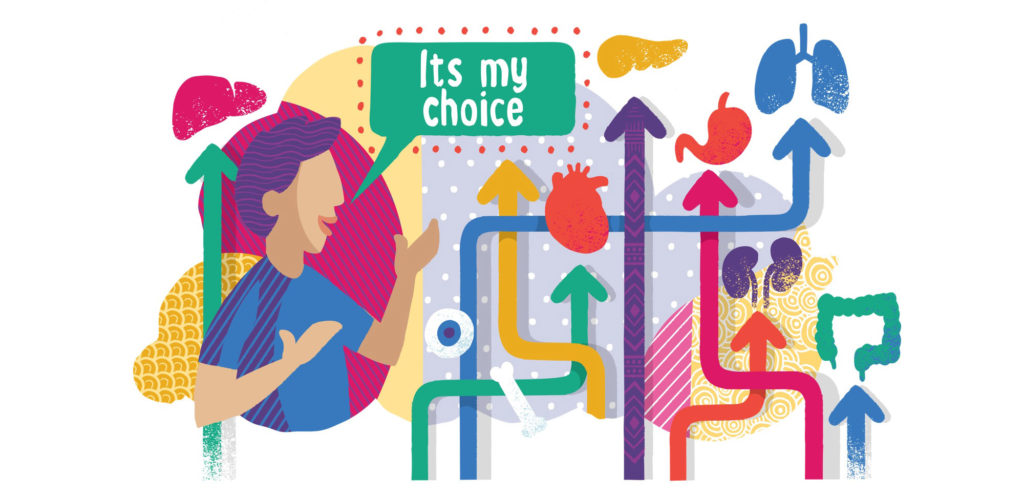
When you decide to be a donor, medical teams can use whichever organs they want.
You can select the organs you want to donate.
If you have decided to be a donor, you can visit the NHS donor website and select the organs you want to donate and the ones you don’t. At present, donate-able organs include heart, lungs, kidney, liver, small bowel, pancreas and tissue donations which include bone, tendons, corneas and arteries.
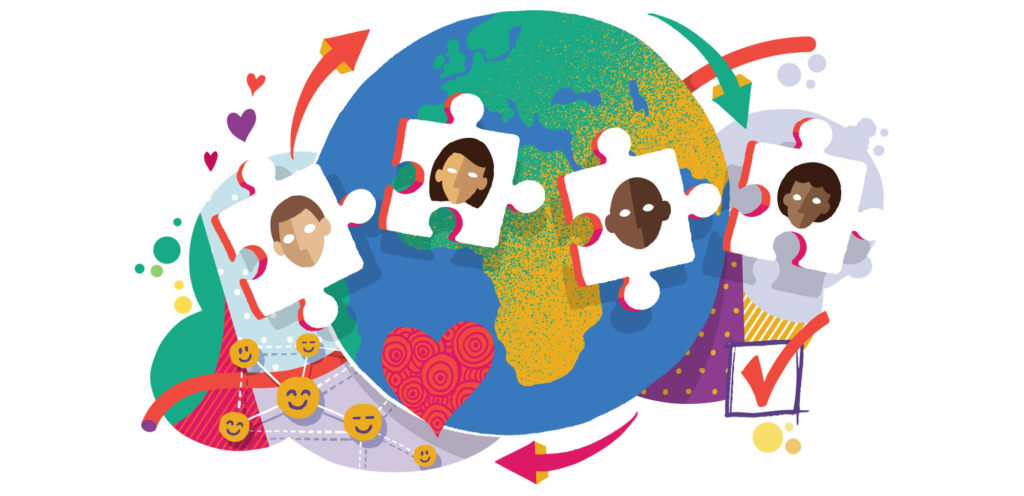

Only BAME (Black, Asian, Middle Eastern) donor organs are suitable for recipients of the same ethnicity.
It has more to do with blood types.
A donated organ from someone within the same blood group is usually more successful, and some blood groups are particular to people with a BAME heritage. In the UK, people with a BAME heritage are less likely to be registered donors, so there’s a shortage of suitable organs for people with certain blood types.
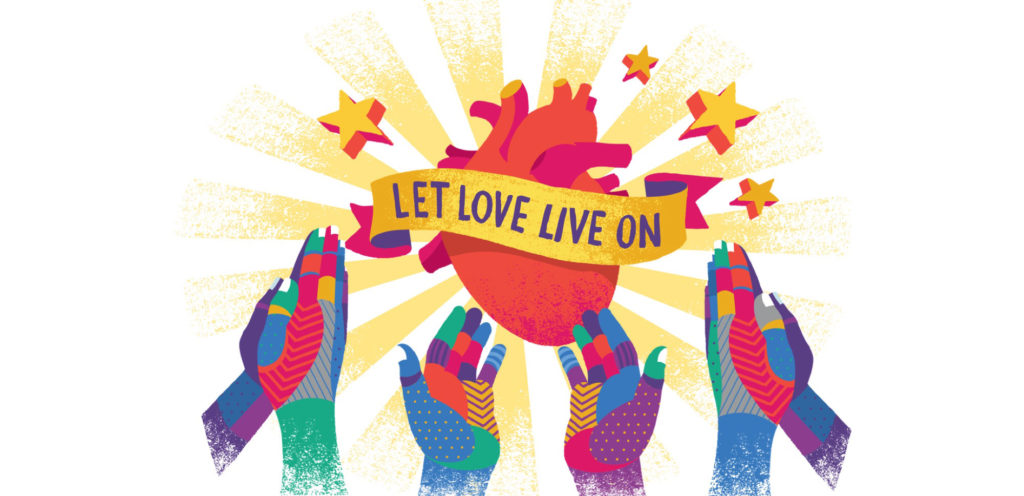

My religion doesn’t allow organ donation.
The major religions endorse organ donation.
In the UK, organ donation is consistent with the beliefs of most major religions including Christianity, Islam, Hinduism, Buddhism and most branches of Judaism. However, if you feel it goes against your beliefs, then talk to your local spiritual leader, who can help inform your choice.
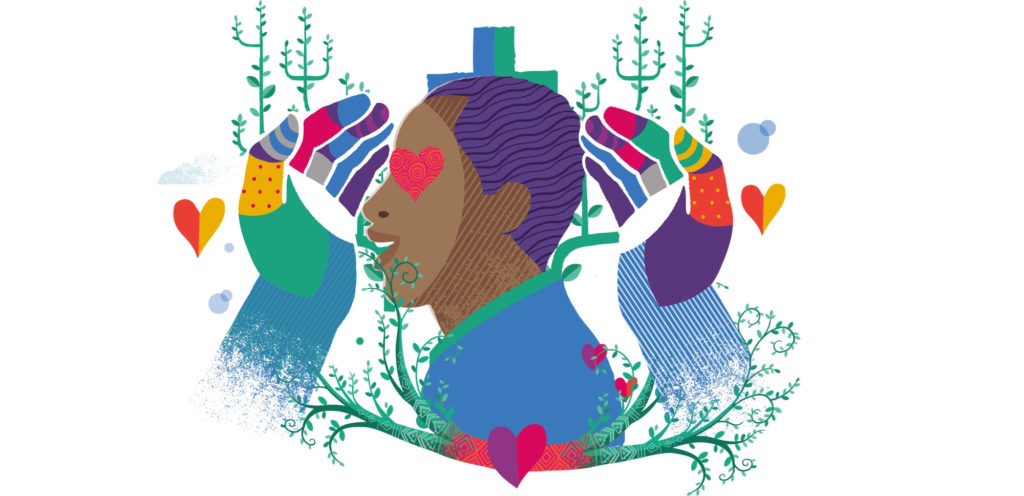

If you’re a registered donor and critically ill, medical teams don’t try as hard to save you, because they can use your organs to save many more people.
Your medical team will always be focused on saving your life.
In such a crisis, medical teams are totally focused on saving your life and they have a duty of care to you. Your survival and recovery is paramount, not the saving of somebody else’s life by removing your organs for them.
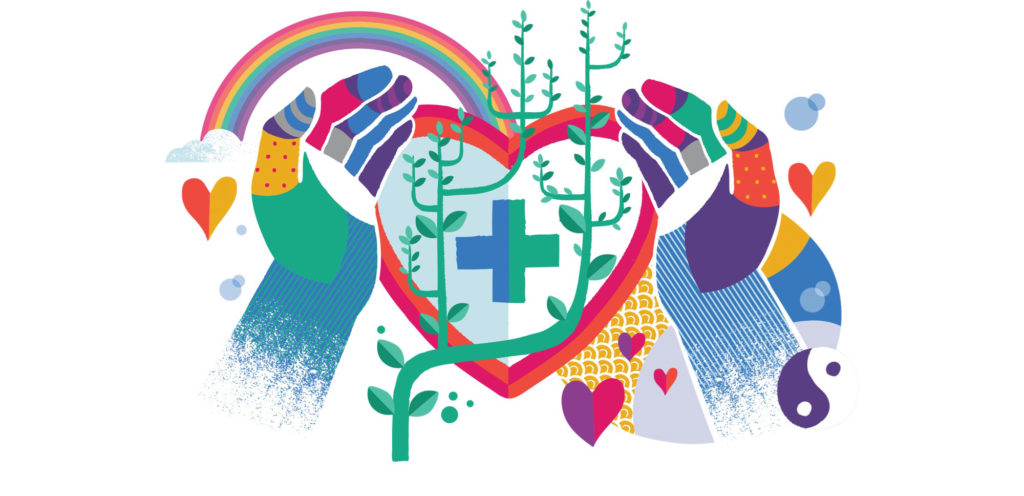

Surgeons can remove your organs before you're actually dead.
Organs are only removed from people who are clinically brain dead.
Organs are removed from donors who are clinically brain dead, in that their brain will never reawaken or be able to sustain life once taken off life support. However, to optimise the quality of organs that can be donated, their circulatory system is kept functioning via a life-support machine until the organs are ready for removal.
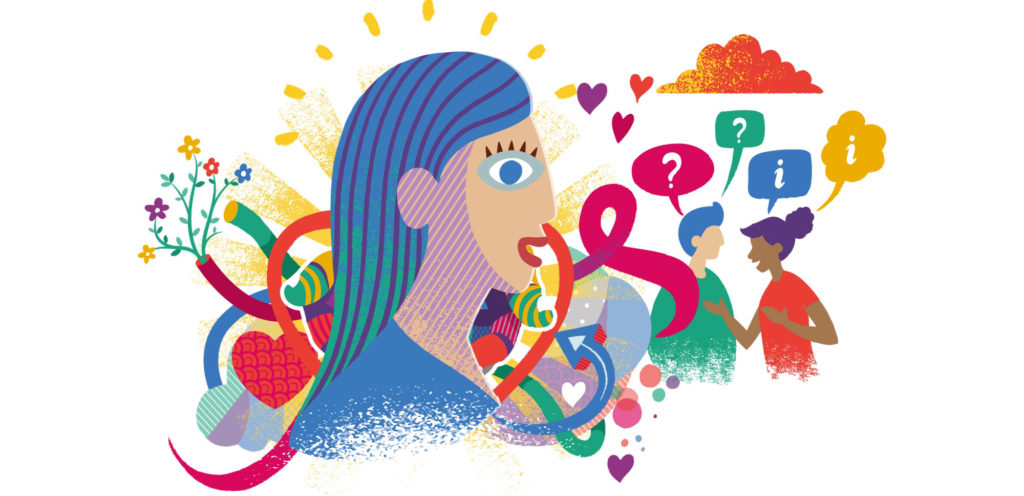

Rich and famous people go to the top of the transplant list when they need a new organ and can even buy them.
Everybody has to wait for their turn.
Celebrity and financial status is not a consideration in organ allocation, and they are treated just the same as everybody else. Plus, trafficking and the sale of organs is illegal. When we do hear about celebrities receiving transplants, it may seem that they’ve been prioritised, but this is usually due to the wide reporting across news networks.
Important Statistics


6077
people currently waiting for a transplant in the UK
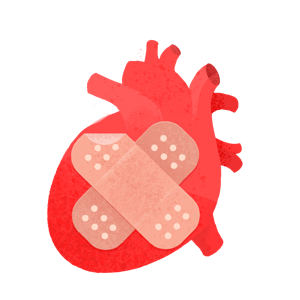

3951
people received a transplant since April 2018
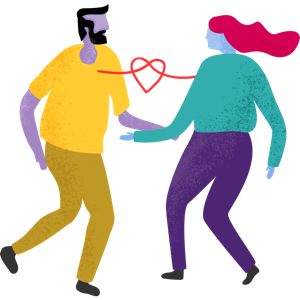

4990
patients’ lives saved or improved by an organ transplant
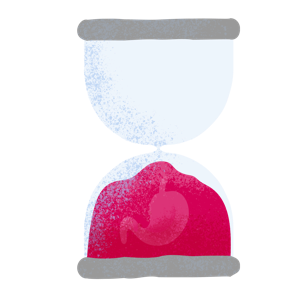

400
patients died while on the waiting list for their transplant


777
patients removed from the transplant list due to deteriorating health


184
children awaiting transplants
We think we’ve got most of it covered
But if you can’t find what you’re looking for, feel free to email us at info@livelifegivelife.org.uk, because we know the people in the know.
